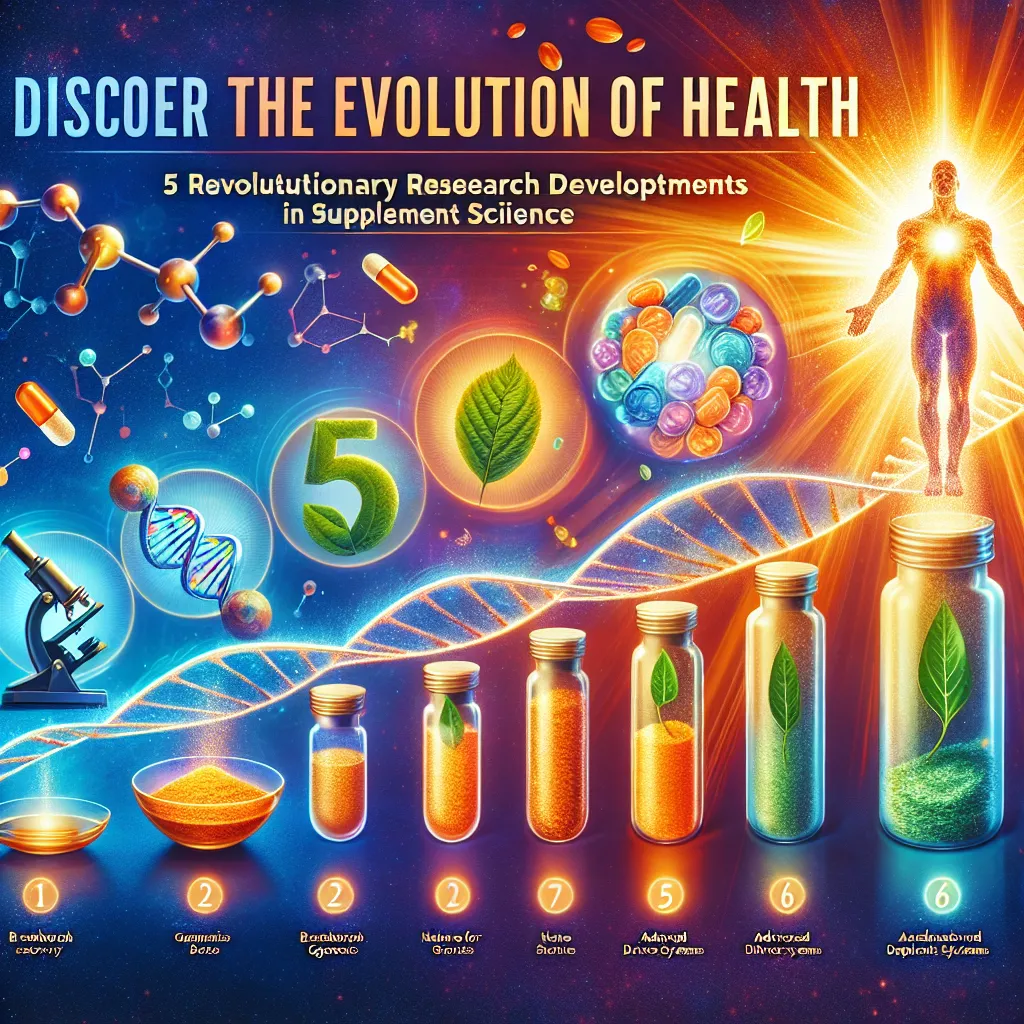The Power of Probiotics
Recent studies have expanded our understanding of probiotics, the good bacteria that inhabit our gut. Probiotic supplements have been shown to aid in digestion, enhance immunity, and even alleviate symptoms of mental health disorders like depression and anxiety. A study published in the Journal of Functional Foods found a positive link between probiotic intake and improved mental health outcomes, highlighting the critical role gut health plays in our overall well-being.
Unleashing the Potential of Omega-3 Fatty Acids
Omega-3 fatty acids, found in fish oil supplements, have long been recognized for their heart-healthy benefits. However, new research has unveiled their potential role in cognitive health. A study published in the Journal of Nutrition found that Omega-3 supplementation improved cognitive function in older adults, suggesting a promising preventative strategy for cognitive decline.
The Rise of Personalized Supplements
The age of personalized nutrition is here. Advances in genetic testing have paved the way for customized supplement regimens tailored to an individual's unique DNA. By analyzing specific genetic markers, researchers can identify nutritional deficiencies and optimize supplement recommendations. This groundbreaking approach ensures that individuals receive precisely what their bodies need, maximising health benefits.
The Role of Vitamin D in Immune Health
Vitamin D has gained significant attention for its role in immune health. Recent research has highlighted its importance in protecting against respiratory infections, including COVID-19. A study published in The BMJ found that Vitamin D supplementation reduced the risk of respiratory infections, reinforcing its position as an essential nutrient in our immune defense.
The Impact of Curcumin on Inflammation
Curcumin, the active ingredient in turmeric, has been extensively studied for its potent anti-inflammatory properties. New research suggests that it may also play a significant role in mental health. A study published in the American Journal of Geriatric Psychiatry found that curcumin improved memory and mood in people with mild, age-related memory loss. These findings suggest that curcumin's anti-inflammatory effects may hold the key to preventing cognitive decline.
Conclusion
The world of supplement science is rapidly evolving, with new research continually reshaping our understanding of health and wellness. By keeping up-to-date with these developments, we can make informed decisions about our supplement intake, ensuring that we're harnessing the full potential of these powerful nutrients. As always, before starting any new supplement regimen, it's essential to consult with a healthcare provider to determine what's best for your individual needs.



